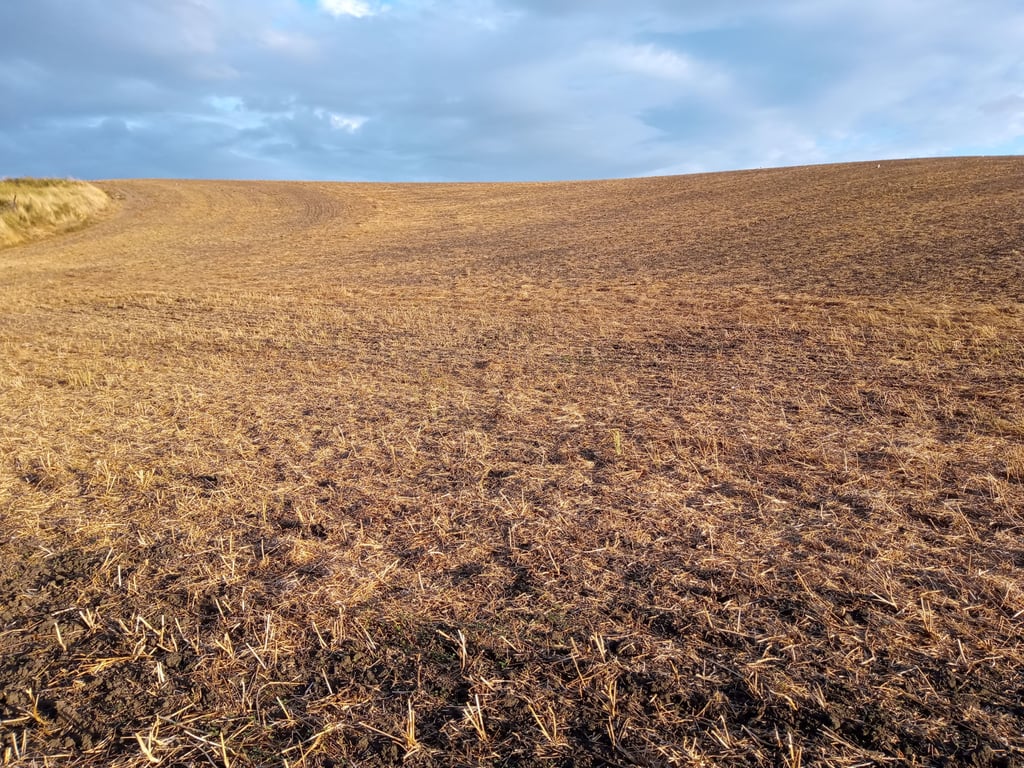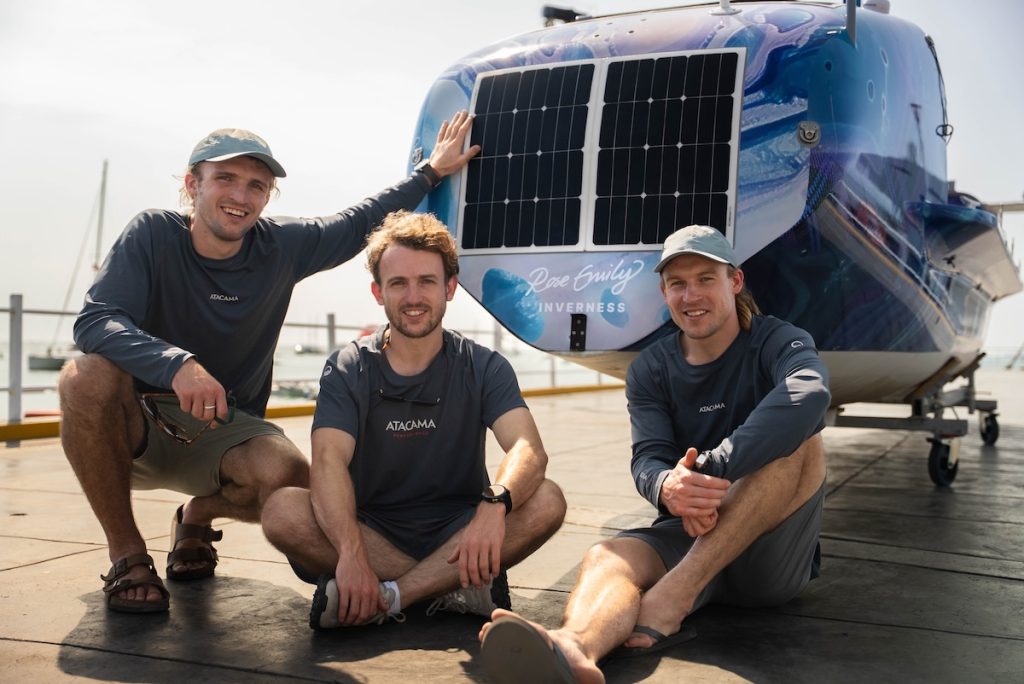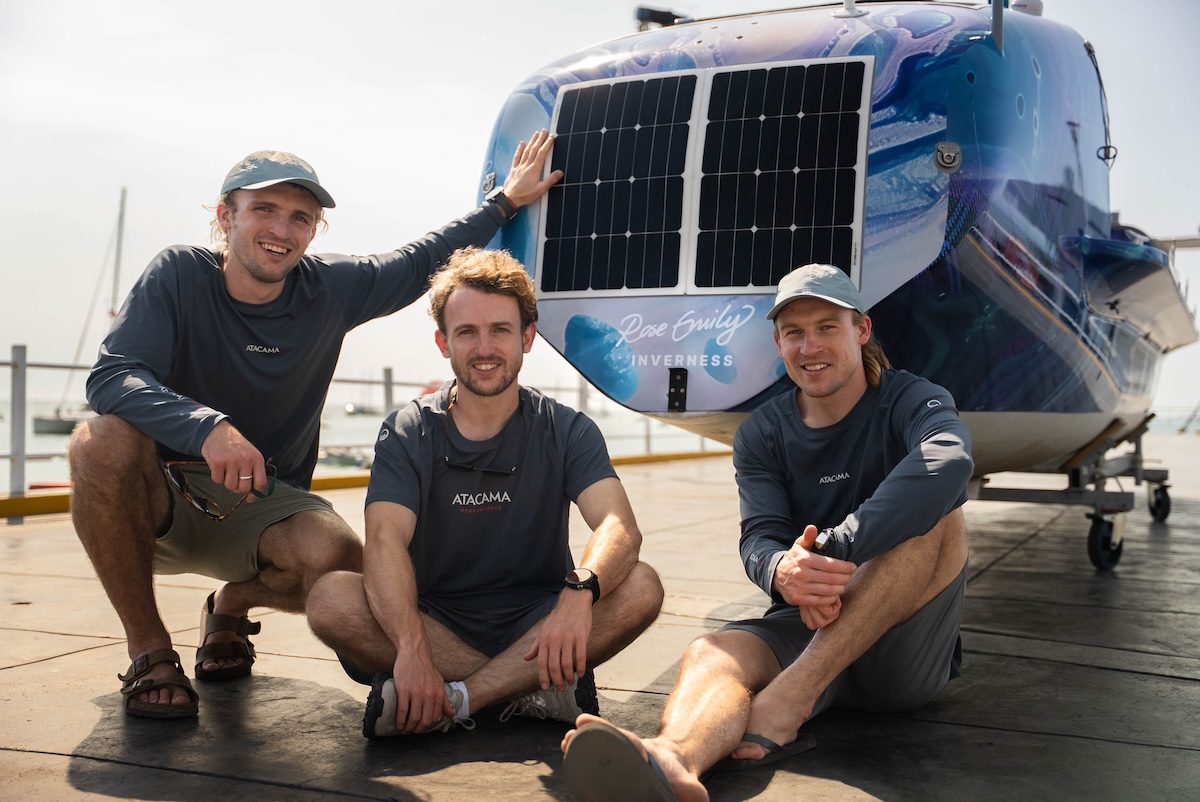After a dry spring and probably the hottest summer on record, our farming industry is in trouble.
Barley and wheat farmers say their crops are ripening two weeks earlier than usual and are of poor quality. Last year the average farm income in Scotland fell by 51 per cent to just £35,000 because of the unholy trinity of climate change, high costs and low prices. As the harvest is being brought in this year and the cattle and sheep sales are held, Scotland’s 65,000 farmers and farm workers are wondering how many of them can survive another season.
Although food prices in the shops have risen by over 4 per cent in the last year, not much of that is getting back to the farmers. The supermarkets and middle-men take their share, on average 50 per cent. Meanwhile the cost of seed, fertilizer and animal feed has risen by an average of 10 per cent. So when you add in the drought and deluge of climate change, you can see how precarious the farming industry in Scotland, and the rest of Britain, really is.
 Fields laid bare. Farming’s climate crisis.
Fields laid bare. Farming’s climate crisis.
We now import 60 per cent of our food because of the difficulties of producing it here. Farmers are under pressure to squeeze as much out of their land and livestock as they can. They are forced to industrialise, buying more sophisticated machinery, more productive breeds of cows, sheep, pigs, poultry and using more chemicals. The land and the farmers have become exhausted. Environmental campaigner Philip Lymbery says there are only 60 harvests left in Britain.
We are just not paying enough for our food to make farming sustainable, despite £660m a year of public subsidy. The average household now spends only 10 per cent of its budget on food, compared with 35 per cent in the 1950s. As a result, we have become detached from our farmers and the land. The rift between town and country has become deeper, with political and phycological effects. Politicians pay only lip service to farming communities and then abandon them in the face of rising food prices and supermarket monopolies. And we as individuals lose our connection with nature and our respect for the environment.
Until suddenly nature hits back with storms and floods or long dry spells with water shortages and wildfires such as we have seen this simmer. Scottish Water, the state-owned water agency, has warned that Scotland’s reservoirs are only 73 per cent full, compared to 82 per cent which is normal at this time of year. The environment protection agency SEPA says rivers are running low, especially in the East and it’s limiting the amount of water large extractors can take in Aberdeenshire and Fife. The rivers Spey, Almond and Tweed are now rivers of “moderate scarcity.”
Despite all this evidence of climate change, all political parties, except the Greens of course, are softening their policies on cutting carbon emissions. They fear the public is not yet ready for action, despite a climate change survey by the Scottish Government last year finding that 72 per cent of those questioned thought climate change is an immediate and urgent problem.
The Reform Party doesn’t believe there is a problem at all, or at least one that needs any action. Nigel Farage was in Scotland this week bosting of replacing the Conservatives and cutting a deal with Labour to defeat the SNP. He even acquired a member of the Scottish parliament, Graham Simpson, who defected from the Conservatives.
 Lachlan, Ewan and Jamie Maclean before the row
Lachlan, Ewan and Jamie Maclean before the row
Regular readers will know the Maclean brothers from Edinburgh – Ewan, Jamie and Lachlan. As I write they are pulling into Cairns, Australia, having rowed 9,000 miles, unsupported, across the Pacific Ocean from Peru. They’ve done it, of course for the challenge, but also to raise money for water projects in Madagascar, a country suffering from severe water shortages and sanitation problems caused by climate change.
Unlike the politicians and 35 per cent of people in that survey, they have not felt powerless to do something to save our over-heated planet.
Like Loading…
Related
